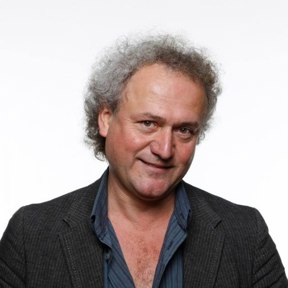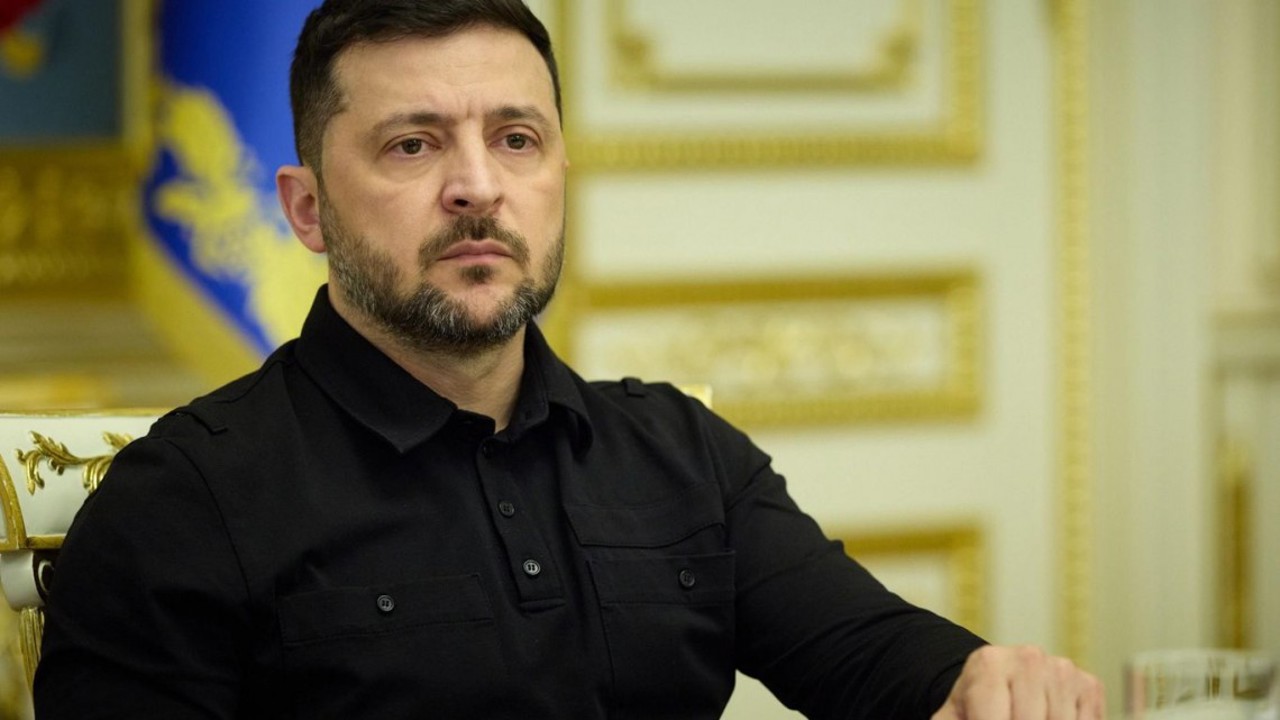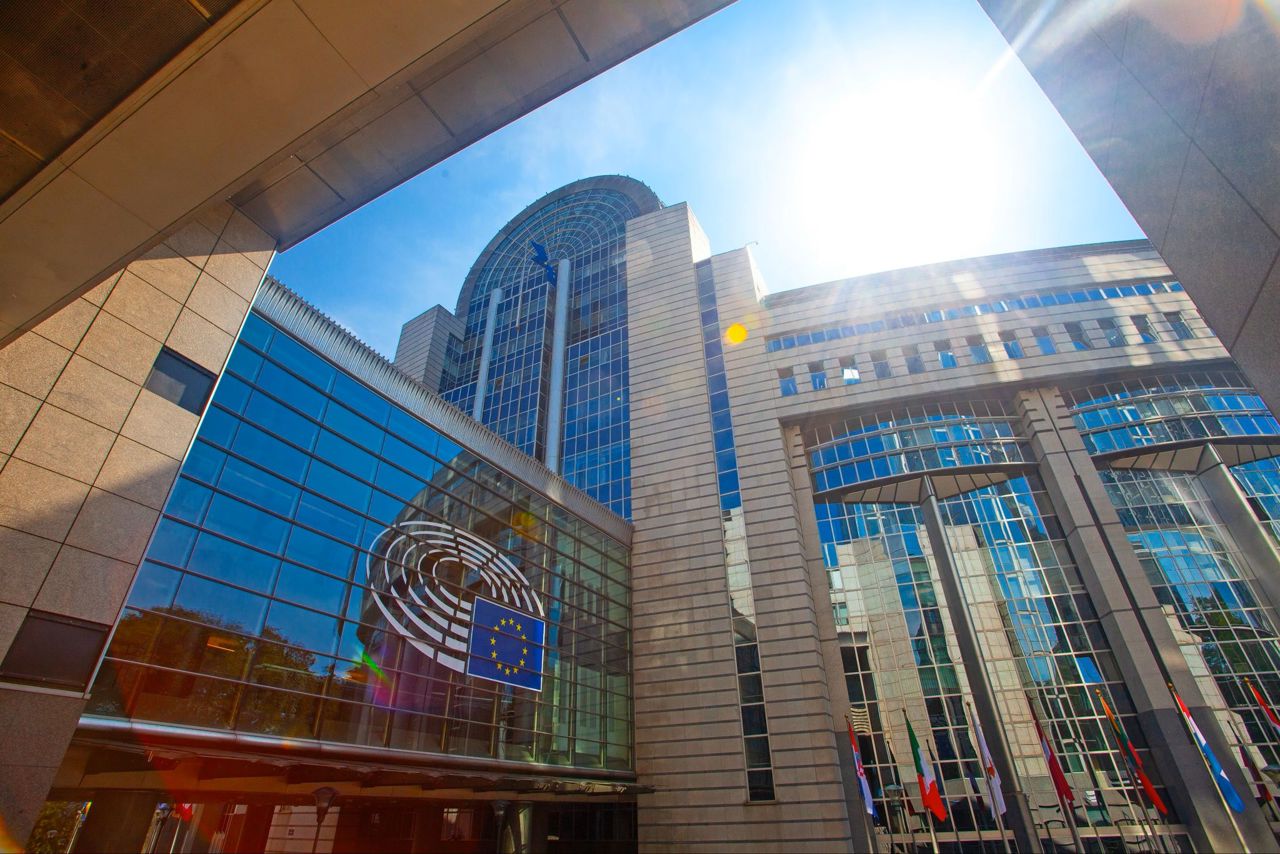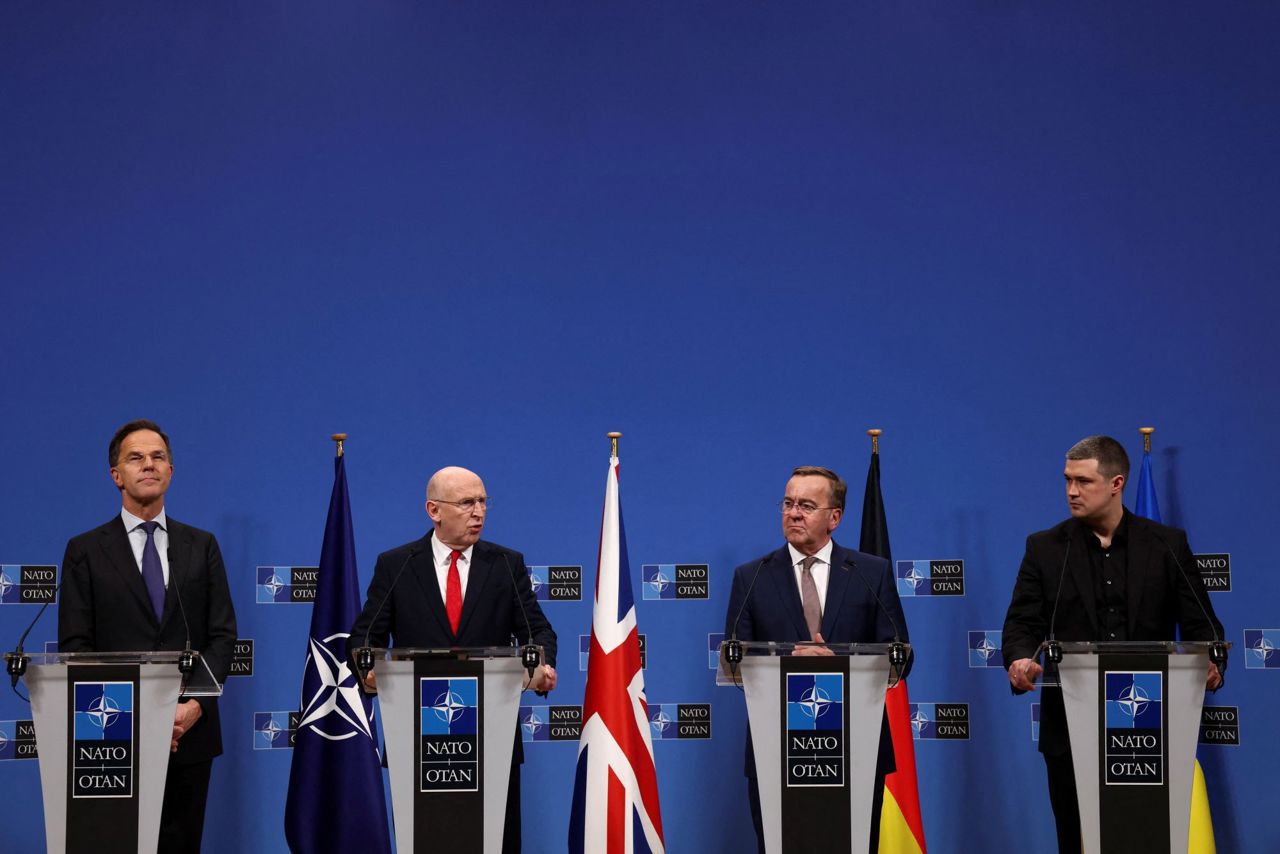Defense spending splits NATO: Spain leads opposition
NATO leaders, set to gather in The Hague this week, initially had virtually one task on their agenda: to approve a plan to double national defense spending for alliance members to 5% of GDP.
This, of course, is compounded by the US intervention in Iran, combined with the fact that European leaders—with the exception of Britain's Keir Starmer—reacted belatedly and cautiously. A meeting of EU foreign ministers is also taking place today in Brussels.
However, at the last minute, ahead of the NATO summit in The Hague, cracks in the unity regarding achieving the projected 5% of GDP spending are becoming increasingly visible. Spain has confirmed its refusal, and the divided governing coalitions in Germany and Belgium indicate it'll be difficult for some capitals to honor their commitments.
"Spain cannot commit to a specific military spending target," Spanish Socialist Prime Minister Pedro Sánchez wrote last Thursday to NATO's civilian chief, Mark Rutte. Given that Spain currently spends only 1.2% of its GDP (well below the 2% target agreed upon in 2014), Madrid's request for an exemption comes as no surprise.
More concerning, however, is something else: it comes from an Eastern leader who, alongside Hungary's Viktor Orban, is an outspoken sympathizer of Putin. Slovak Prime Minister Robert Fico sparked a heated controversy after suggesting that neutrality in foreign policy would be beneficial for Slovakia, an idea that could even involve withdrawing from NATO—an unprecedented move.
During a visit to the Ministry of Economy last week, Fico asked: "Wouldn't neutrality be good for Slovakia in these mad times? I am asking this question officially and very clearly."
The Slovak Prime Minister simultaneously denounced EU plans to increase defense spending, stating, "we are living through pointless times of armament" and comparing arms manufacturers to pharmaceutical companies that profited during the pandemic. "How do you expect us to spend the 800 billion euros the Union is talking about? It's impossible," Fico stated.
But other surprises are also brewing. For example, Belgian MP Sammy Mahdi, leader of the Flemish Christian Democrats (CD&V), spoke about Belgium's need to reach its 2% target. His party is a member of the center-right European People's Party and is part of Prime Minister Bart De Wever's government, which has already supported the 5% target. However, Mahdi says this spending increase would be a "crazy direction."
Europe could spend its existing investments more efficiently—Mahdi stated, supporting the idea of a European army—instead of burdening citizens with the costs of each nation's defense.
Arguing that such a large increase in the defense budget would mean €6,000 less in annual purchasing power for Belgian families, Mahdi warned that the coalition government could "lose many" voters to "extreme parties, especially the far-left."
This point was reiterated by a high-ranking Social Democrat in Germany, Ralf Stegner—though he warned the opposite: that cuts to social welfare for the military would strengthen the far-right in his country. Stegner, a parliamentarian, co-authored a provocative "manifesto for peace" calling for humanitarian aid spending instead of weapons.
Even more so than Mahdi's in Belgium, Stegner's party is a key player in the governing coalition.
Technically speaking, only 3.5% of GDP needs to be allocated to military expenditures, while the rest can be directed toward related investments, such as infrastructure and cybersecurity. This provides considerable leeway for interpretation and accounting adjustments.
Macron - Trump dispute
But Emmanuel Macron also stirred controversy, delivering a few messages to Donald Trump after the latter preferred to leave the G7 summit in Canada without participating in the final conclusions. Macron warned that regime change in Iran through war would cause "chaos" in the country and the region.
In response, Donald Trump complained that his French counterpart "never understood anything," visibly annoyed by comments about his plans to resolve the Israeli-Iranian war. This NATO summit is shaping up to be interesting.
Translation by Iurie Tataru






